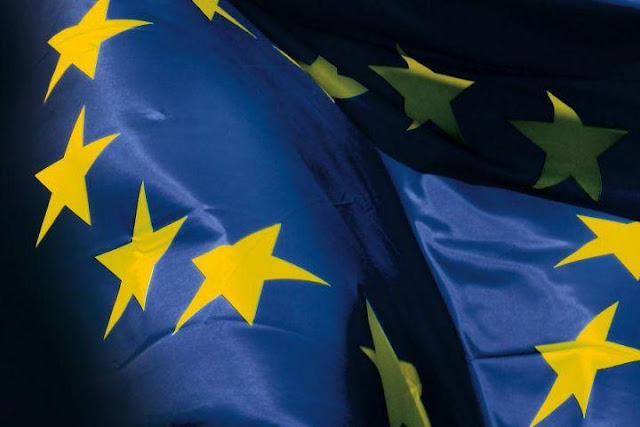European cryptocurrency and blockchain players are concerned that the incoming regulatory frameworks may lead to “excessive requirements” that could “pose significant challenges to cryptocurrency-based enterprises,” particularly in the realm of decentralized finance (DeFi), with obstacles that are “irreconcilable” Between them, "as a survey showed.
The survey was conducted by the International Trusted Blockchain Applications Association (INATBA), a group founded in 2019 by 106 “developers and users of [Distributed Account Technology],” as well as regulators and policymakers. The survey questioned the companies and individuals residing in the European Union who provide services, and measured their response to the European Commission initiative that was unveiled last year.
The proposal is called the Digital Assets Regulation Regulation, and the Commission’s proposal seeks to create legal definitions for digital currencies and a set of pan-European regulatory standards aimed at promoting growth, monitoring exchanges and other cryptocurrency companies, and enforcing stable currency control policies.
The NCAA report found that while most respondents expressed support for digital asset regulation definitions of key cryptocurrency terms, there were some serious question marks when it came to decentralized finance, in particular.
The authors write that the regulation's hopes of "increasing transparency and regulatory oversight" would "help build trust in digital assets," but they caution,
“Excessive requirements can pose significant challenges to cryptocurrency-based enterprises where the issuance is decentralized and there is no identifiable issuer. Since digital asset regulation promotes protection, market integration and financial stability, innovation may face significant and irreconcilable regulatory challenges.”Moreover, the authors note that “several respondents” spoke of a “mismatch” of “the decentralized funding type of applications and protocols with a very central responsibility position for digital asset service providers.”
They added that one respondent claimed that the proposals assume "stable management and steady management of digital assets," adding that this "may not be compatible with the way decentralized financing protocols work."
Another opined that the regulation of decentralized finance developers "would be somewhat disincentive and could slow down innovation efforts," adding that it would be "difficult to determine who controls" such projects and "who should bear responsibility" for their operations.
While the vast majority (over 50%) of respondents claimed to be happy with the proposed compliance measures for crypto providers, 18% complained that they were "excessive and too cumbersome".
Exactly half of respondents said they are happy with the Digital Assets Regulation Regulation's plans to introduce "legal certainty" into the sector, with only 14% opposing and the remainder undecided.
However, more concerns were expressed about the price of developing compliance protocols, with 33% saying they believed the measures identified by the Digital Assets Regulation Proposals would be "costly and onerous."


Comments
Post a Comment